For a salaried employee, the income from salary and its tax treatment is of utmost importance. This is because a mere misplanning can lead to either a higher deduction of TDS or higher tax liability. For this purpose, you must understand the salary breakdown, implication of each component, the allowances and exemptions you are eligible for. Be it a continuing job or a new offer letter, a better breakdown of salary is the starting point of your tax planning. Moreover, it is a proven fact that your CTC is not your take home salary.
Moreover, at the end of the year, often salaried employees are surprised by the sudden increase in their TDS deduction just when they provide their additional income details. This article will help you in understanding your salary components, the exemptions you are eligible for, the documents you must retain, and the tax treatment of your income from salary.
Components of Income From Salary
| Components | Sub-Categories and Examples |
| Fixed Pay | This includes your basic pay and dearness allowance. You are eligible to receive this amount irrespective of any targets, etc. |
| Variable Pay | Variable pay includes the bonus and performance incentives. The bonus includes periodic pay, say half-yearly or yearly. The bonus may or may not be dependent on the performance rating you receive periodically from your managers and peers. A performance incentive or commission is a payment that is mostly dependent on the achievement of targets like sales, call hours, and so on. It depends on the employment agreement between you and your employer. |
| Allowances | Usually, the allowances are the residual part to form your total CTC. The split of allowances is between different types of allowances and employment benefits. The popular allowances include house rent allowance HRA, travel allowance, conveyance, medical allowance, leave travel allowance LTA. |
| Perquisites | A perquisite is an added benefit offered in addition to the salary. Further, a perquisite can be monetary or non-monetary. A monetary prequisite is taxable in the hands of the employees subject to exemptions. A non-monetary perquisite is taxable in the hands of the employer. The popular perquisites are rent-free accommodation, ESOP/ Sweat Equity Shares, Employer’s contribution towards superannuation fund, loan for a nil or lower interest rate, free food. |
| Retirement Benefits | These retirement benefits are the employer’s contribution towards a recognized provident fund, pension scheme, gratuity. |
| CTC Cost To Company | A total of fixed pay, variable pay, allowances, perquisites, retirement benefits is your gross CTC |
CTC vs Take Home Salary
Till now we have learned about the components of your salary that add up to your CTC. However, when you receive your salary at the month end it is not equal to your CTC. Now, why is that? For example- your CTC is Rs 12,00,000 per annum. You will not receive simply Rs 1,00,000 per month (Rs 12,00,000 / 12 months). This is because there are other deductions from your CTC. The difference between your CTC and take home salary is of the taxes deducted by the employer and exemptions
You take home salary will be:
Gross Cost To Company CTC
Minus: Exemptions w.r.t. allowances and perquisites such as HRA, LTA, education allowance, conveyance, contribution to provident fund, etc.
Minus- Net tax payable by the employee. Net tax liability is calculated by deducting the deduction under chapter VIA (Section 80C, Section 80D, Section 80DDB, etc) and applying the tax slab.
Taxability of Components of Salary
We have learned about the components of salary and what makes your take-home salary. Now, let us explore the taxability of each salary component to help you plan your taxes.
Taxability of Salary Income
| Component of Salary | Taxability |
| Fixed Pay | Fully Taxable |
| Variable Pay | Fully Taxable |
| Allowances | Fully Taxable, Fully Exempt, Partially Exempt Subject to Conditions |
| Perquisites | Fully Taxable, Fully Exempt, Partially Exempt Subject to Conditions |
| Retirement Benefits | Fully Exempt, Partially Exempt Subject to Conditions |
Tax on Allowances
| Allowances | Taxability |
| House Rent Allowance HRA | Least of the following is exempt:a) Actual HRA Receivedb) 40% of Salary (50%, if house situated in Mumbai, Calcutta, Delhi, or Chennai)c) Rent paid minus 10% of salary* Salary = Basic + DA (if part of retirement benefit) + Turnover based Commission |
| Children education allowance | Up to Rs. 100 per month per child up to a maximum of 2 children is exempt |
| Hostel expenditure allowance | Up to Rs. 300 per month per child up to a maximum of 2 children is exempt |
| Transport Allowance granted to an employee to meet the expenditure for the purpose of commuting between place of residence and place of duty | Rs. 3,200 per month granted to an employee, who is blind or deaf and dumb or orthopedically handicapped with a disability of lower extremities |
| Allowance granted to an employee working in any transport business to meet his personal expenditure during his duty performed in the course of running of such transport from one place to another place provided the employee is not in receipt of the daily allowance. | Amount of exemption shall be lower of following:70% of such allowance; orRs. 10,000 per month. |
| Leave Travel Concession or Assistance (LTC/LTA), extended by an employer to an employee for going anywhere in India along with his family* | The exemption shall be limited to fare for going anywhere in India along with family twice in a block of four years:• Where the journey is performed by Air – Exemption up to Airfare of economy class in the National Carrier by the shortest route• Where the journey is performed by Rail – Exemption up to air-conditioned first class rail fare by the shortest route• If places of origin of journey and destination are connected by rail but the journey is performed by any other mode of transport – Exemption up to air-conditioned first class rail fare by the shortest route.• Where the places of origin of journey and destination are not connected by rail:* Where a recognized public transport system exists – Exemption up to first Class or deluxe class fare by the shortest route* Where no recognized public transport system exists – Exemption up to air conditioned first class rail fare by shortest route. |
| City Compensatory, Fixed Medical, Tiffin, Lunch, Dinner or Refreshment, Servant, Project, Overtime, Telephone, Holiday, Any Other Cash Allowance | Fully Taxable |
| Any allowance or perquisite paid or allowed by Government to its employees (an Indian citizen) posted outside India. Allowances to Judges of High Court/Supreme Court. Allowances paid by the UNO to its employeesRent free official residence, conveyance facilities including transport allowance, sumptuary allowance, and leave travel concession to serving Chairman/Member of UPSC | Fully Exempt |
Tax on Perquisites
| Perquisites | Taxability |
| Rent free unfurnished accommodation provided to Central and State Government employees | License fees determined in accordance with rules framed by the Government for allotment of houses shall be deemed to be the taxable value of perquisites. |
| Rent free furnished accommodation | Taxable value of perquisites shall be computed in the following manner:a) Taxable value of perquisite assuming accommodation to be provided to the employee is unfurnishedb) Add 10% of the original cost of furniture and fixtures (if these are owned by the employer) or actual higher charges paid or payable (if these are taken on rent by the employer).c) Less: The value so determined shall be reduced by the amount of rent, if any, recovered from the employee |
| Unfurnished rent free accommodation provided to other employees | Taxable value of perquisitesIf house property is owned by the employer, the taxable value of perquisite shall be:15% of salary, if the population of the city where accommodation is provided exceeds 25 lakhs10% of salary, if the population of the city where accommodation is provided exceeds 10 lakhs but does not exceed 25 lakhs7.5% of salary, if accommodation is provided in any other cityIf house property is taken on lease or rent by the employer, the taxable value of perquisite shall be Lease rent paid or payable by the employer or 15% of the salary, whichever is lower |
How To Calculate Taxable Income from Salary?
First of all, gather all the documents related to salary income. Here you will need your monthly payslip, Form 16 Part A and Part B, Form 26AS.
| Particulars | Amount |
| Gross Salary Received | XXX |
| Less: Exemptions on Allowances | XXX |
| Net Salary | XXX |
| LessL Tax Deduction (Example- section 80C, section 80D, section 80G and so on) | XXX |
| Less: Tax Rebate and Relief | |
| Net Taxable Salary | XXX |
| Less: TDS Already Deducted | XXX |
| Less: Taxes Already Paid | XXX |
| Net Tax Payable | XXX |
Tax Relief and Tax Rebate
Tax Rebate: If your total taxable income is less than Rs 5,00,000 then you can claim a tax rebate up to Rs 12,500. The total taxable income is calculated after deducting all the deductions, exemptions, and allowances. The tax rebate is available under the old and new tax regimes. With Budget 2023, under the new tax regime if the the total income is less than Rs 7 lakh then rebate is available. Hence, no tax for an income upto Rs 7 lakhs under the new tax regime.
Tax Relief: If you have received any arrears of salary during the financial year then you can claim tax relief under section 89.
Standard Deduction
The standard deduction has replaced the exemption against travel allowance and medical expenditure. The exemption has been clubbed together. With effect from the financial year 2019-20, you can claim a standard deduction of Rs 50,000 against travel allowance and medical expenditure. You need not provide any bills or other documentary proof of the expenses. Earlier, standard deduction was not available under the new tax regime. However, with Budget 2023, standard deduction is available under the new tax regime as well.
The above method is applicable if you have only salary income during the financial year. However, you may have income from capital gains, rental income, business or professional income, or income from other sources. In such a case you need to add the income from all these sources and then compute the net tax payable.
You can calculate the income tax using the Scripbox’s Income Tax Calculator.
Important Documents For Tax on Income From Salary
Form 16
An employer provides Form 16 to its employees at the end of the financial year. Form 16 provides the details of gross salary, deductions, exemptions, and TDS for the purpose of computing tax payable and tax refundable. Moreover, as per the Income Tax Act, 1961 it is mandatory for every taxpayer to provide Form 16 before the due date. Form 16 Part-A contains the details of your employer including TAN, PAN, address, and company name. Form 16 Part-B contains the details of salary, deductions, net tax payable. You must refer to your Form 16 while preparing and filing your income tax return.
Form 26AS
Form 26AS is a tax credit statement that contains information on the TDS deducted by your employer and other taxpayers. It also contains the details of advance tax / self-assessment tax paid by you. You must refer to Form 26AS to make sure that your employer is actually deducting and paying the TDS deducted to the credit of the Central Government. Until and unless your employer pays the TDS deducted to the credit of the Central Government you will not be able to claim the TDS credit.
Capital Gain Statement
You would have earned returns on your investments in mutual funds and shares or stocks of companies. Many times, it becomes difficult to calculate the capital gain when you have sold more than 1 unit of mutual funds and shares. In such a case, it is better to request a capital gain statement from the asset management company for mutual funds or the broker for shares. This way you can easily calculate the total capital gains for taxation.
Income Tax Return ITR
Every taxpayer whose total taxable income exceeds the basic exemption limit must file their income tax return. The applicability of ITR depends on the type of taxpayer and the types of income earned during the financial year. Read our article to know which ITR is applicable.
Recommended Read: Income From House Property
Frequently Asked Questions
No, income is not equal to salary. Your salary comprises components such as basic pay, variable pay, allowances, and perquisites. These components are either taxable or fully/ partially exempt. Income tax is calculated based on the taxability of each component and its exemptions and deductions. The gross salary minus your tax payable is the income from salaries. Moreover, for the purpose of taxation net taxable salary is not the total income. Total income includes income from salaries, capital gains, rental income, business or profession income, or income from other sources
An individual taxpayer has a basic exemption limit of Rs 2,50,000. For senior citizens, this exemption limit is Rs 3,00,000. For super senior citizens, the exemption limit is Rs 5,00,000. This basic exemption limit is applicable on the total income of a taxpayer and not just salary income.
Yes, the basic salary is taxable in India. The Income Tax Act, 1961 does not provide any exemption or deduction on the basic salary, dearness allowance, and variable pay in the form of commission, bonus, and performance incentives.
The amount of the basic exemption limit is not taxable under the Income Tax Act, 1961. An individual taxpayer has a basic exemption limit of Rs 2,50,000. For senior citizens, this exemption limit is Rs 3,00,000. For super senior citizens, the exemption limit is Rs 5,00,000.
The income tax is deducted from your salary every month by your employer to deposit to the credit of the central government. The intent is to pay tax to the income tax department every month on the behalf of the employer. This also makes sure that the burden of income tax does not fall on the individual taxpayer at once. The burden is spread across 12 months for the taxpayer.
Yes, income tax is calculated on CTC. Your CTC comprises basic pay, variable pay, allowances, and perquisites. Your CTC is your gross pay. Out of the gross profit, exemptions and deductions are deducted. This is the net taxable salary and income tax is calculated on this net taxable salary. Hence, the starting point of tax calculation is your CTC or gross salary.
If the basic salary is high then it leads to higher tax liability and a lower deduction or exemption. The basic salary is fixed and taxable without any exemption or deduction. Hence, higher basic pay will have a direct effect on your taxable income and tax liability. Furthermore, the exemptions on house rent allowance HRA is dependent on the basic salary. So, if the basic salary is high then the exemption will be lower. Higher basic pay also leads to a higher HRA, dearness allowance, contribution to pension schemes, and provident funds.
Yes, the basic salary can be reduced in India. A salary is a part of the employment agreement. You can reduce or increase the basic salary through negotiation with your employer for the upcoming months. However, while filing your income tax return, the basic salary will be the amount already paid to you as reflected in Form 16.
Yes, pension income is included in the definition of salary. The pension is a benefit that is provided by an ex-employer to their ex-employees as a part of the employment agreement. Hence, the pension received under a contractual agreement between the employer and employee is taxable under the head salaries. However, if you receive a pension from any policy with an insurance company then it will be taxable under the head income from other sources. You can claim the tax rebate under section 87 of up to Rs 12,500 under both regimes against pension under salaries. However, the pension under income from other sources is taxable.
No, all allowances are not taxable under the Income Tax Act, 1961. The salary allowances are either taxable or fully/ partially exempt. City Compensatory, Fixed Medical, Tiffin, Lunch, Dinner or Refreshment, Servant, Project, Overtime, Telephone, Holiday, Any Other Cash Allowance are fully taxable. Any allowance or perquisite paid or allowed by the Government to its employees (an Indian citizen) posted outside India is fully exempt. Allowances to Judges of High Court/Supreme Court and paid by the UNO to its employees are exempt. Rent free official residence, conveyance facilities including transport allowance, sumptuary allowance, and leave travel concession to serving Chairman/Member of UPS are exempt. HRA, child education, hostel expense, transport, conveyance, leave travel allowances are partially exempt.
Yes, arrears of salary are taxable. However, you can claim tax relief under section 89 against the arrears of salary.
Recommended Read: Form 13 for TDS Deduction











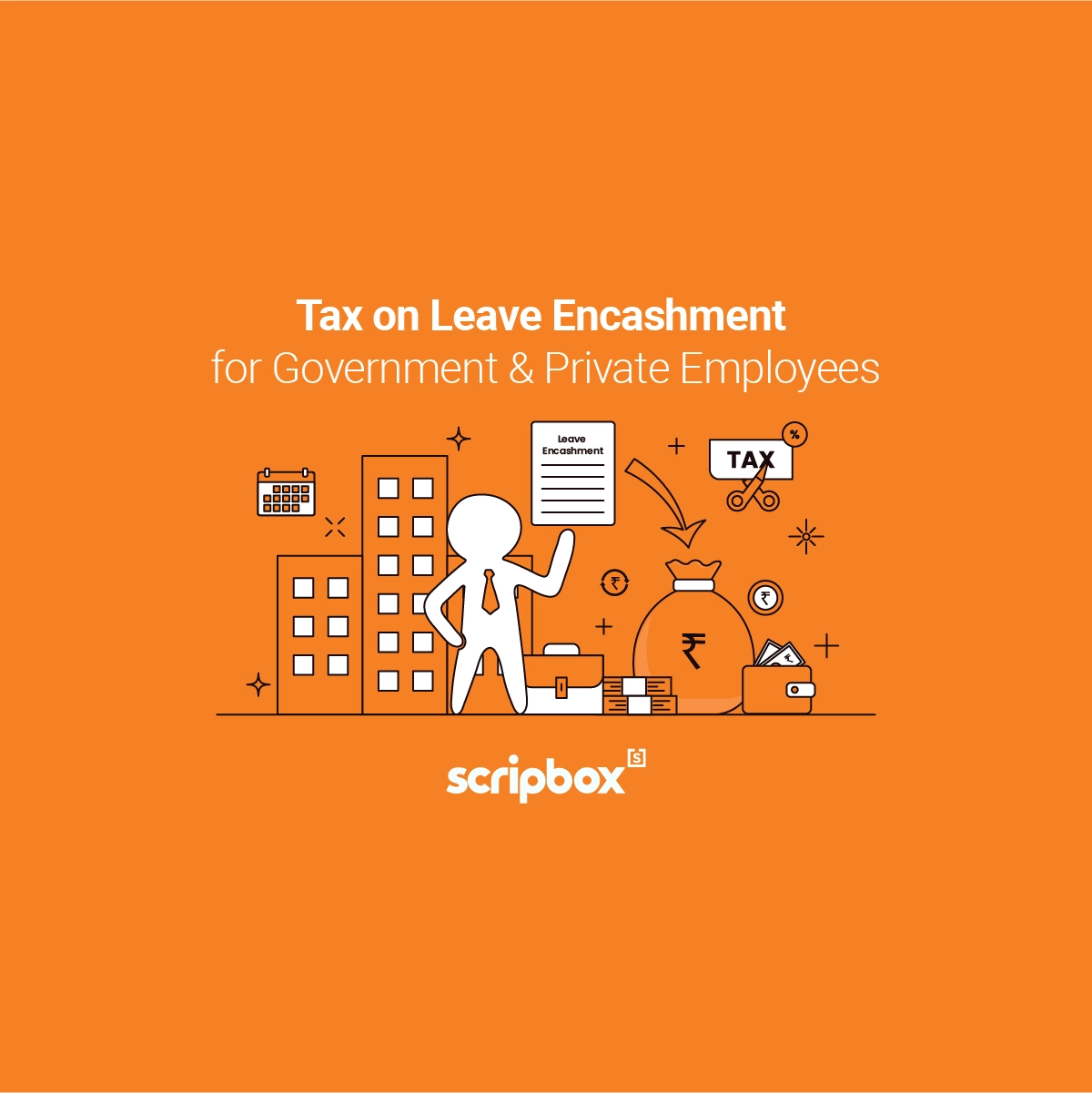
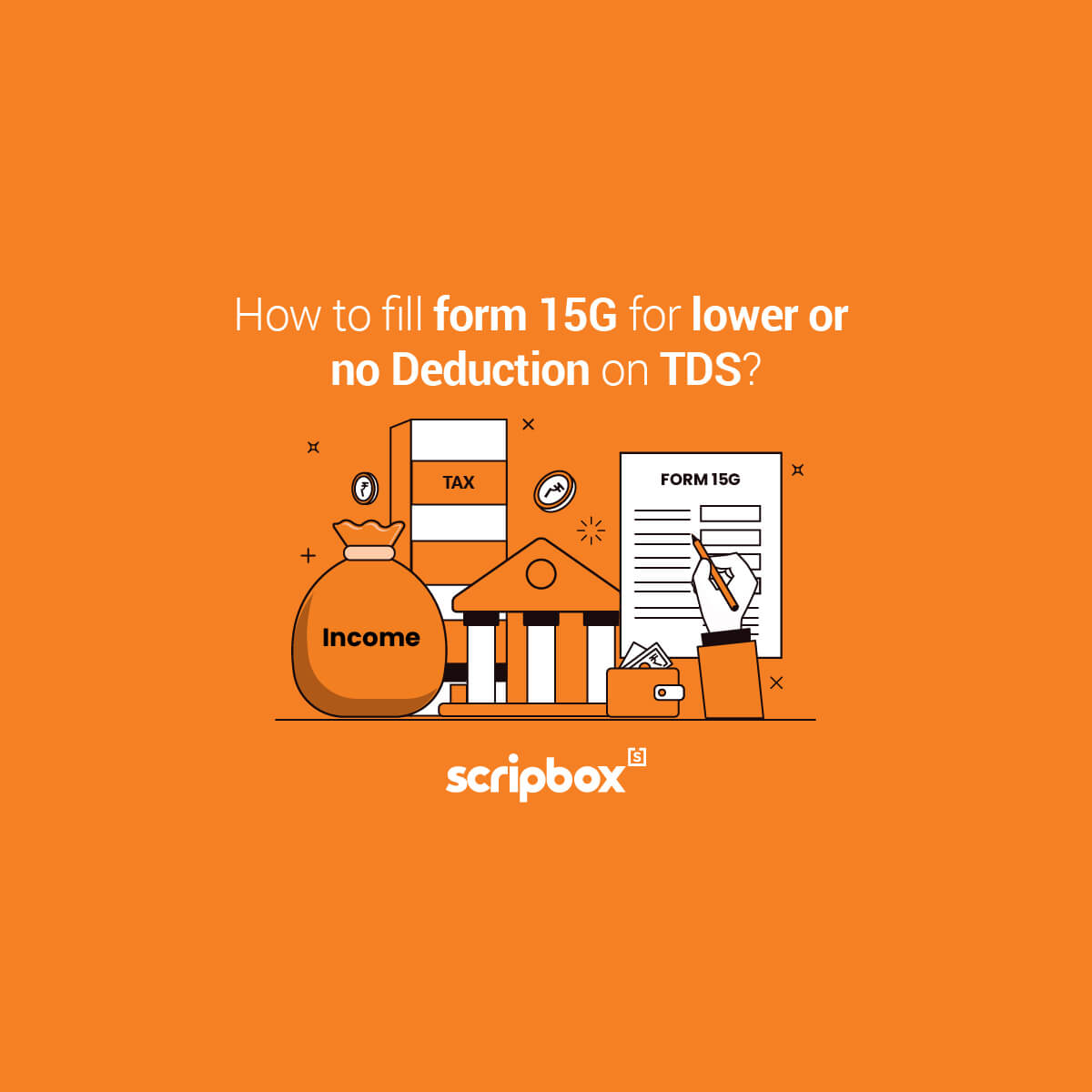
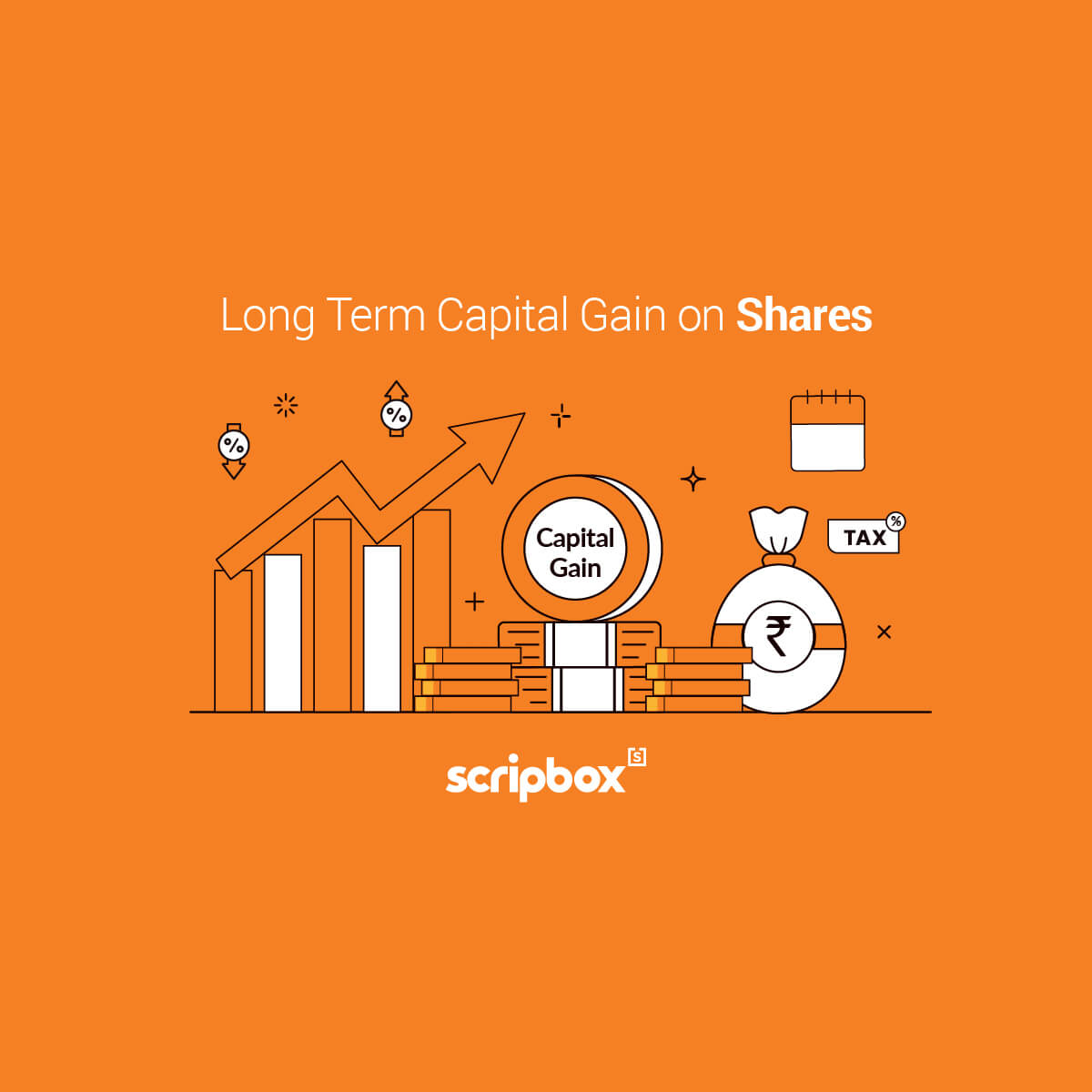
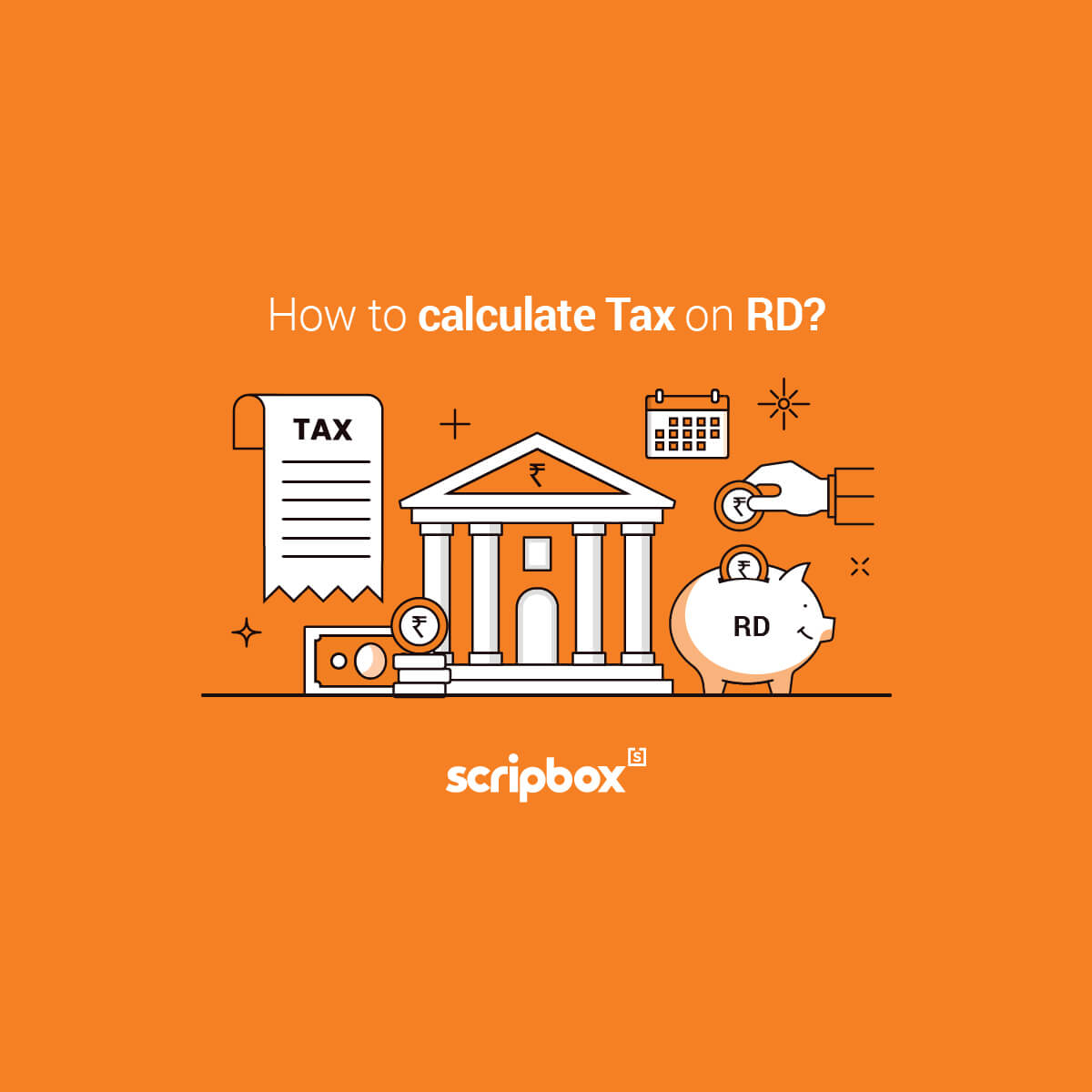

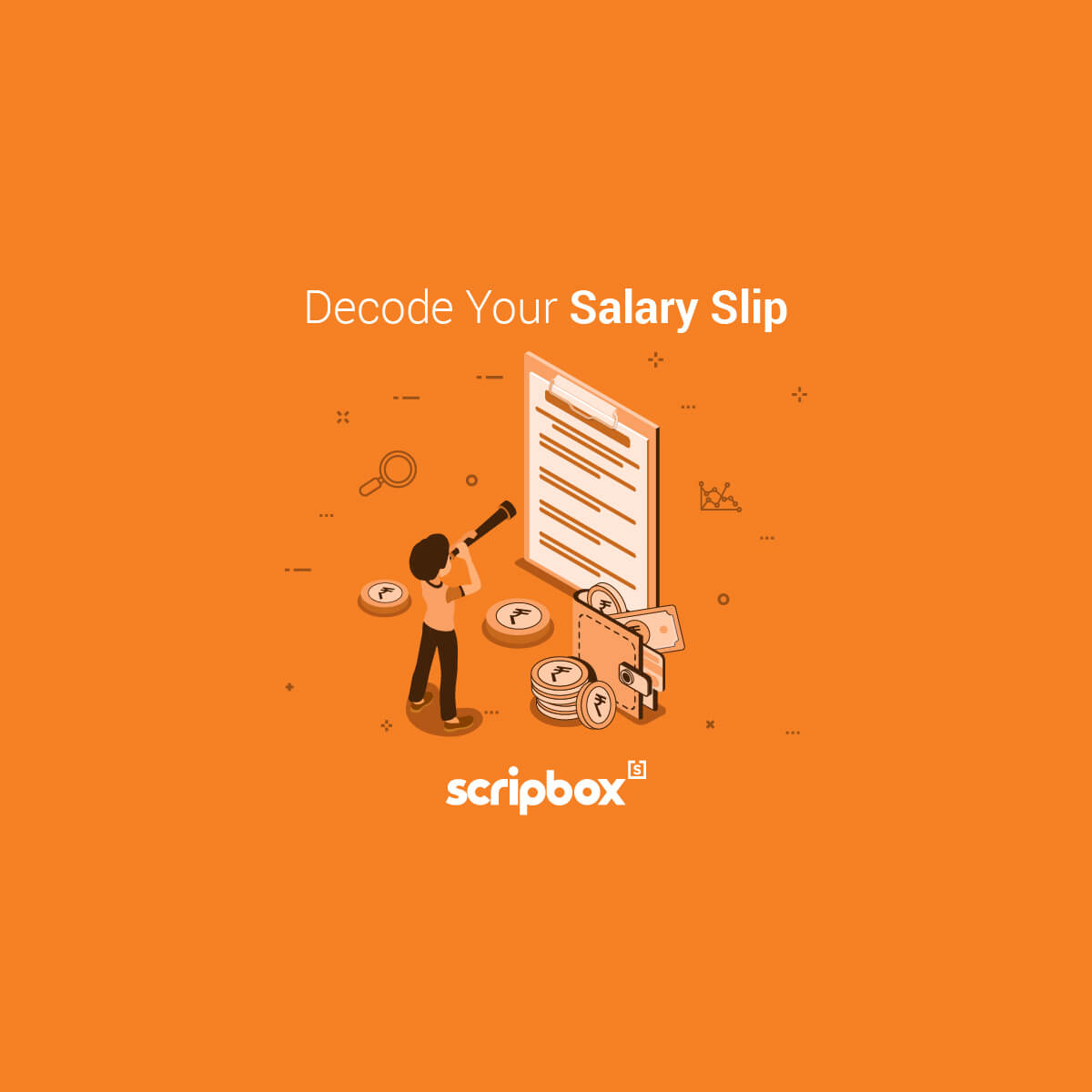






Show comments